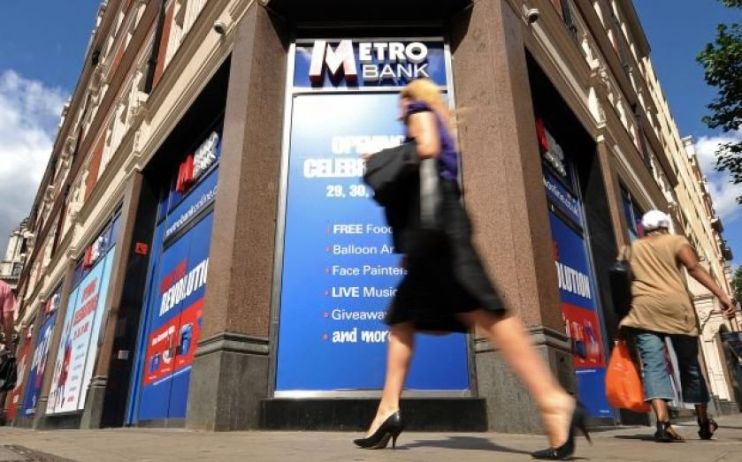Metro Bank needs to start moving forward

By pretty much any conceivable metric, Metro Bank has had a miserable recent history. A major accounting blunder disclosed at the start of 2019 has sparked two regulatory investigations, led to the departure of its chairman and chief executive, and wiped almost 90 per cent off the lender’s market cap.
Unsurprisingly after all that, yesterday’s annual results — featuring an £131m loss, eight per cent slump in deposits, and cuts to its expansion plans — made for pretty grim reading.
Shares slumped to an all-time low. But the famously dog-friendly challenger bank’s problems run even deeper than this series of calamities: it isn’t challenging the incumbents in the right place.
Metro Bank was founded to revolutionise high street banking, taking on the Big Four lenders with improved customer service and longer opening hours. But, thanks to the well-documented collapse in footfall and stiff online competition, the high street it set out to shake up no longer exists. Instead, incumbents and high street challengers alike are battling to make a profit amid squeezed margins and years of low interest rates.
Just a few hours after the release of Metro Bank’s results, Lloyds said it will cut 780 job across its UK branches, blaming declining demand for high street banking, and Virgin Money announced the loss of 22 branches and 500 jobs.
While both Lloyds and Metro Bank have ruled out branch closures for now, the latter will dramatically cut the pace of new openings, and both lenders are ultimately heading in the same direction.
Now, the industry’s fiercest challengers are nimbler digital-only competitors, who can offer technological innovation and better user interfaces than their more established counterparts. Digital banks operating in the UK almost trebled their customer base in 2019, edging towards 20m global users.
While many fintechs come with their own profitability challenges, the success of firms like Revolut — which this week became the joint most valuable fintech startup in Europe, with a new $5.5bn valuation — shows that online competition isn’t easing off any time soon.
Analysts now suggest Metro Bank may have to sell off part or all of its business to secure its future, but chief exec Dan Frumkin insisted yesterday the bank is “here for the long term”. Metro Bank must move on from its annus horriblis, and quickly.
Main image: Getty